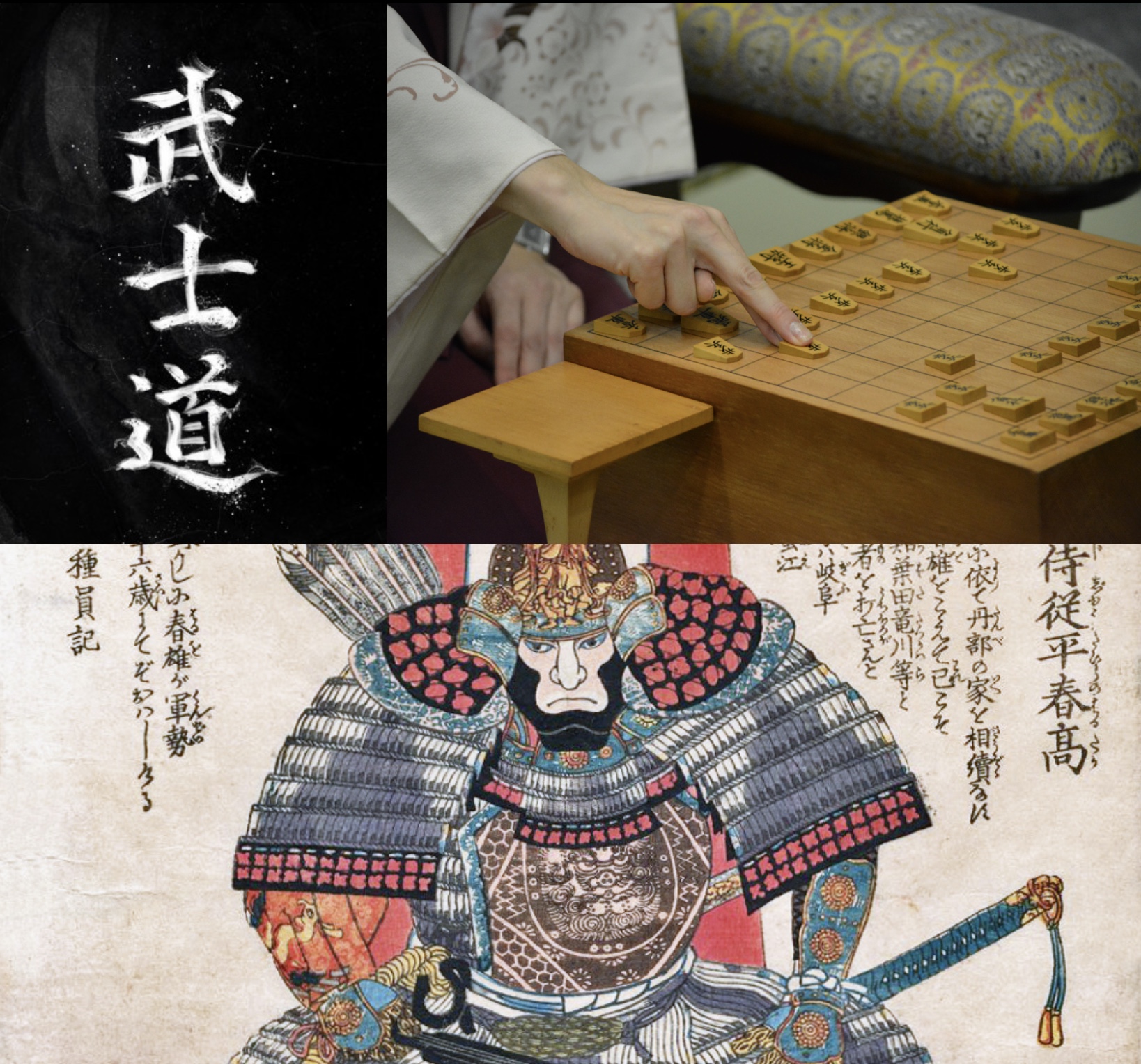
81 Dojo is probably the largest virtual meeting place for shogists from all over the world. But what is the reason for its strange name? And what does it have to do with the Bushido? Let’s find out together.
81 Dojo is a gaming platform designed and created by shogist and popularizer Tomohide Kawasaki (aka Hidetchi – on YouTube you can find many instructional videos dedicated to shogi) that offers the possibility to train, organise leagues of various levels, test and certify one’s Kyu/Dan or simply play and compete with players from all over the world.

“81Dojo” is pronounced “hachi-jū-ichi dojo“, and owes its name to a Japanese proverb, i.e.
“Ichika bachika”
[か八か]
which translated into English would literally sound like ‘8 or 1‘.
So what does ‘8 or 1’ mean? It seems that this expression, which to our ears sounds very strange, derives from a saying about an ancient Japanese card game, in which victory was guaranteed by scoring 8 points, while loss was marked by “getting high” by remaining with a minimum score of 1.
We should also note that the kanji of the numeral “1” (一) and of the numeral “8” (八) resemble a straight, and a broken stick respectively, and according to some, this specific sequence of numerals read in a certain direction would be associated with the idea of abundance, while read in the opposite direction would indicate deprivation: if from “一” we get “八”, we have multiplication: from the one I derive the many. Whereas when from “八” we get “一”, we have impoverishment.
So a non-literal English translation of the expression ‘か八か’ would sound like: ‘All or nothing‘, or ‘make it or brake it‘. In short, 81 Dojo is the dojo without half measures.
Let us then ask another question: why would 81 Dojo be so qualified? Certainly not because of the playful ruthlessness of the players who frequent it, but eminently because it is the game itself, the Shogi, that is without half measures.
The great chess player Garri Kasparov once claimed that
The public must come to see that chess is a violent sport! The stakes are very high in an important chess game.
G. Kasparov

Well, if this is true in relation to Western chess, it is even more true in relation to Japanese chess. To underline this aspect of shogi, let us consider two important aspects: the draw and the checkmate.
Unlike Western chess, Shogi does not have the special gentleman agreement of offering a draw. It is certainly true that statistics from the annals of official games show that only 2% of Shogi games end in a draw. However, the finding of a draw does not depend on an agreement between players but on a specific succession of game states, i.e. the violation of the ‘sennichite’ rule (千日手):
If a position is repeated four times in succession during the game, but does not result in checkmate, the game ends in a draw.
In cases such as these, the professional players therefore suspend the game, but since a draw is not an acceptable result in Shogi, they start another one with the game reversed. There must be a winner. In the aesthetics of Shogi a drawn game would be unfinished and missing: an intolerable gap in the metaphysical harmony that Shogi evokes.
A further aspect that highlights how Shogi is a game without half-measures is the tacit rule that the opponent is not warned of a check: it must always be the opponent who realizes that he is in check and, in cases where this unfortunately escapes, there would be an immediate defeat for 反則手 (illegal move).
However ruthless and brutal it may appear to our eyes, the fact remains that at the heart of this tradition lies a remarkable trait of the bushido culture, i.e. the fairness with which one must face one’s opponent and the ability to honourably acknowledge one’s defeat, aspects that the Shogi enhances by inheriting them directly from the warriors’ code of honour.

Of course, these strict traditional rules only apply in professional matches and amateur tournaments where the aim is to reproduce the full aesthetics of the game of Shogi. From this point of view we would like to point out that only 81 Dojo allows defeats for illegal moves, unlike the other online gaming platforms we have discussed in this other article.
So what about you? Do you use the strict 反則手 rule in your shogi matches? Tell us about it in the comments.



